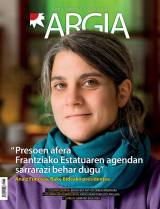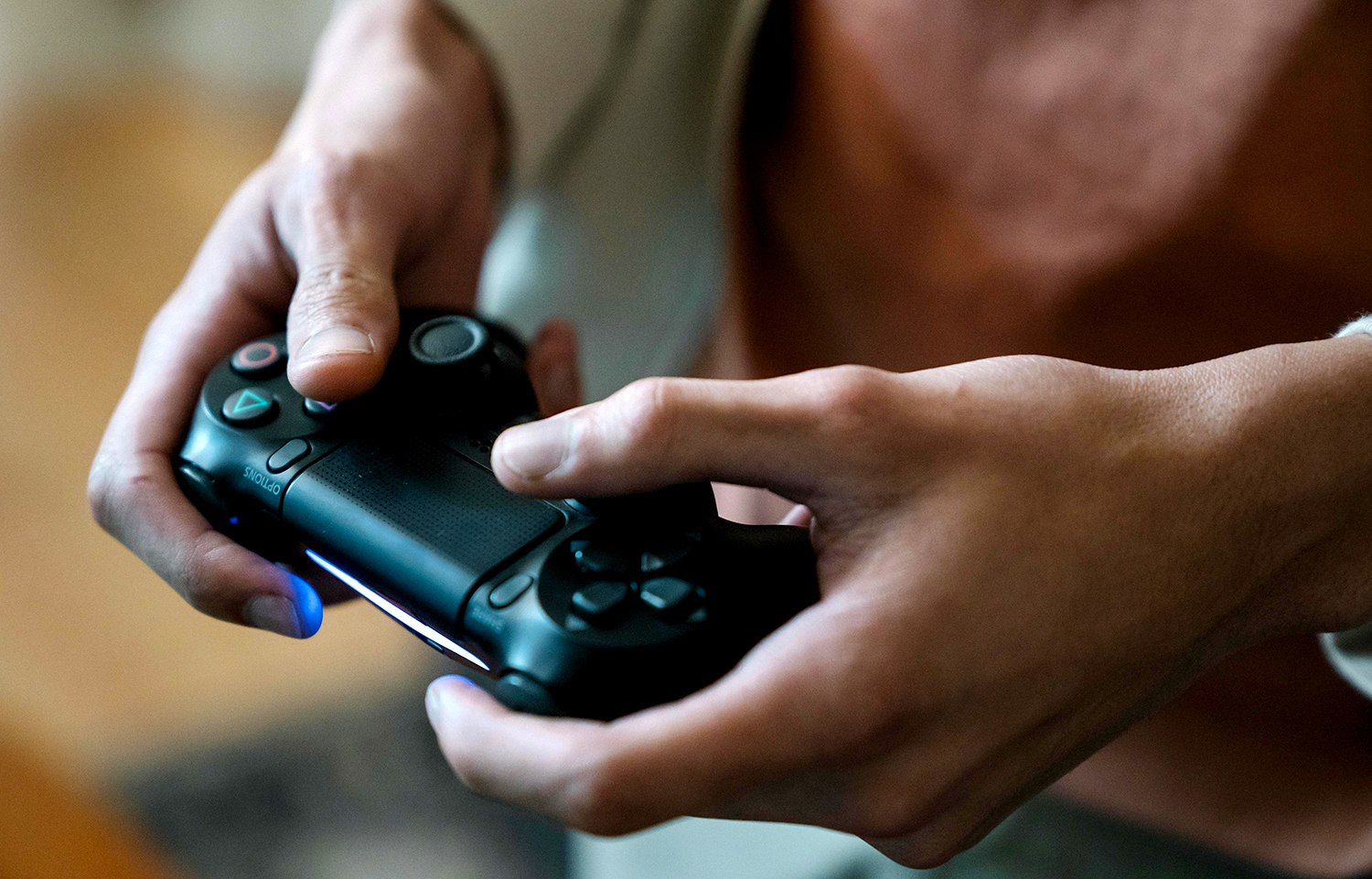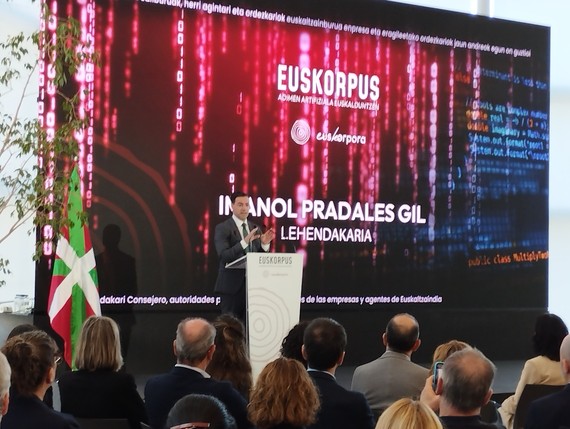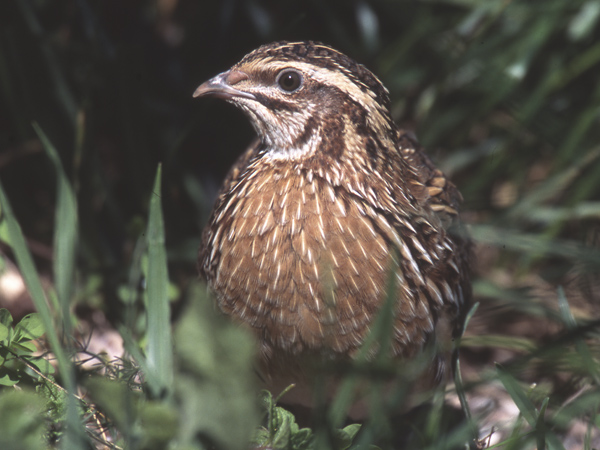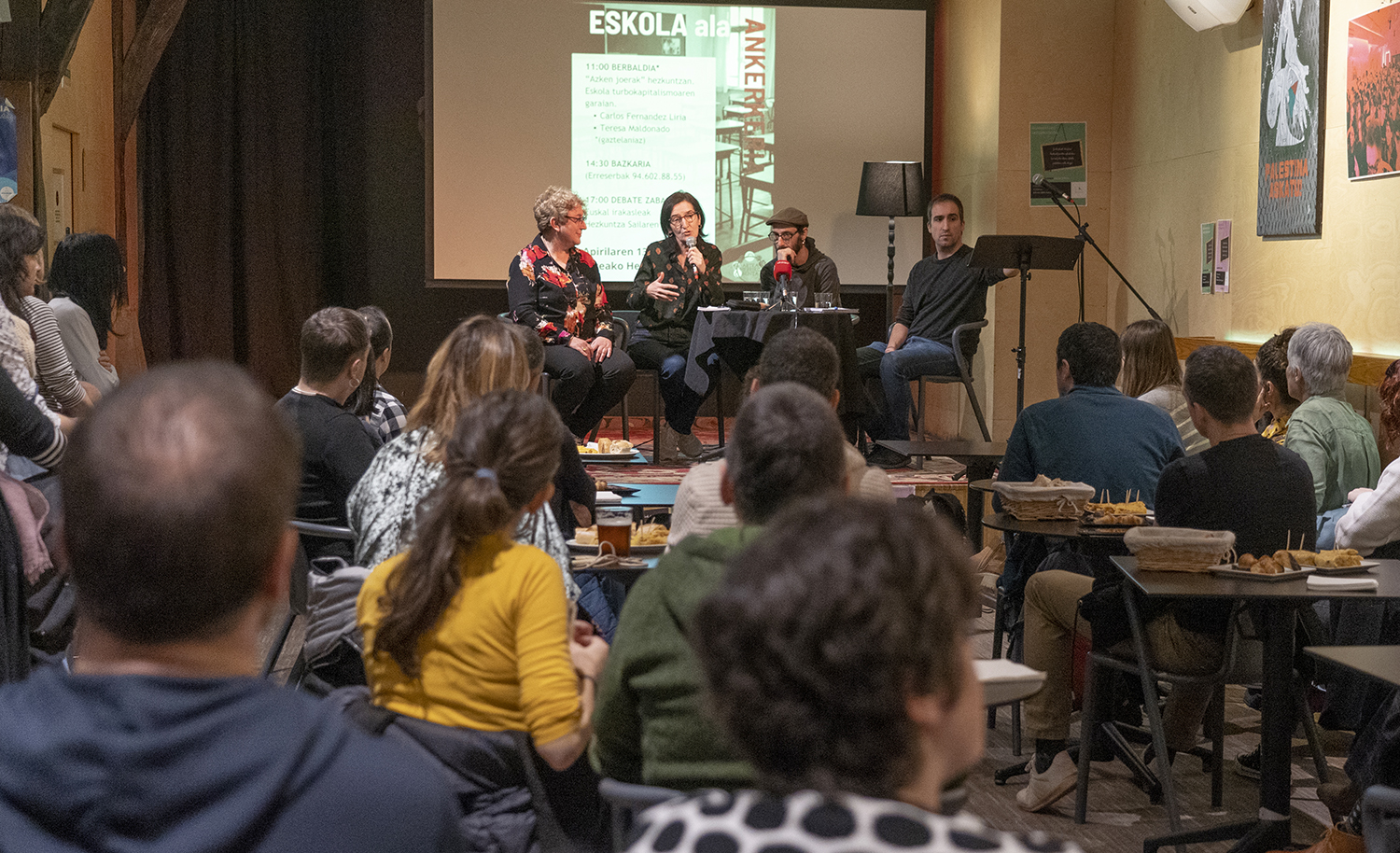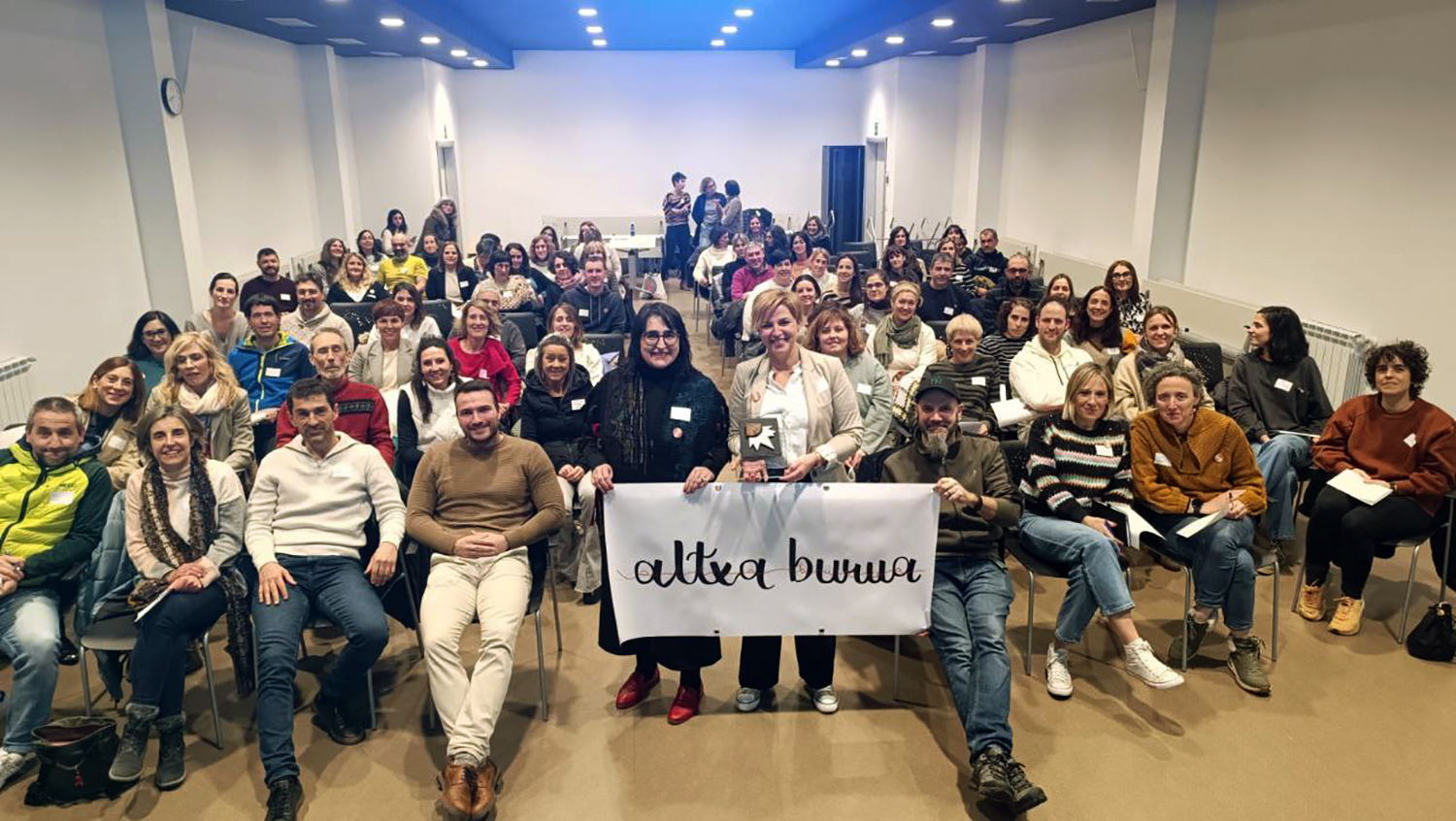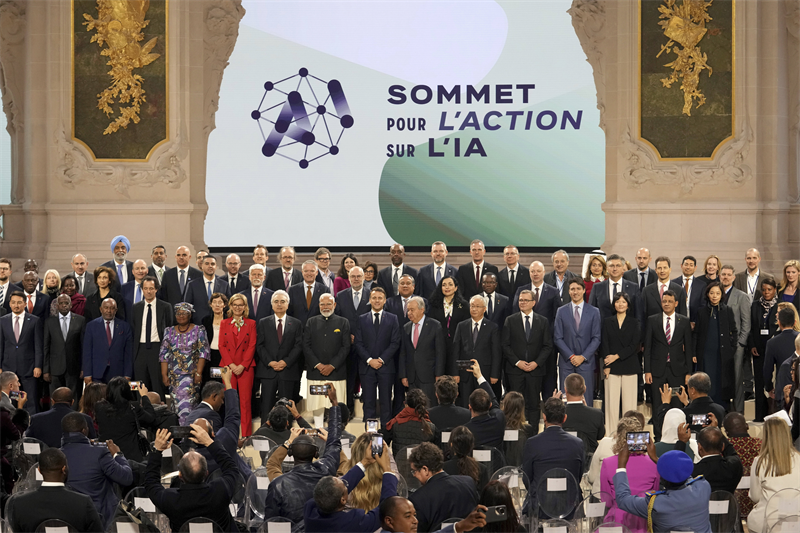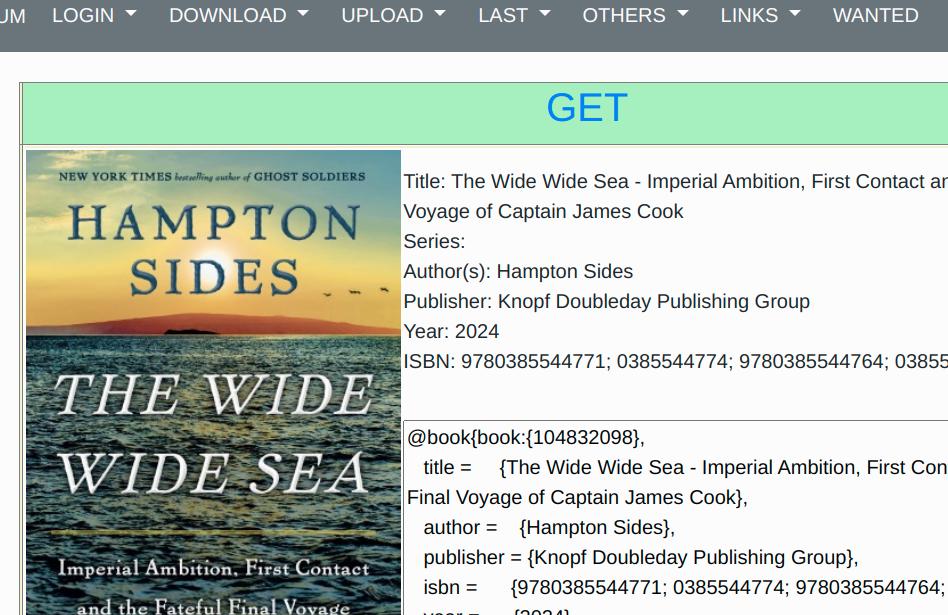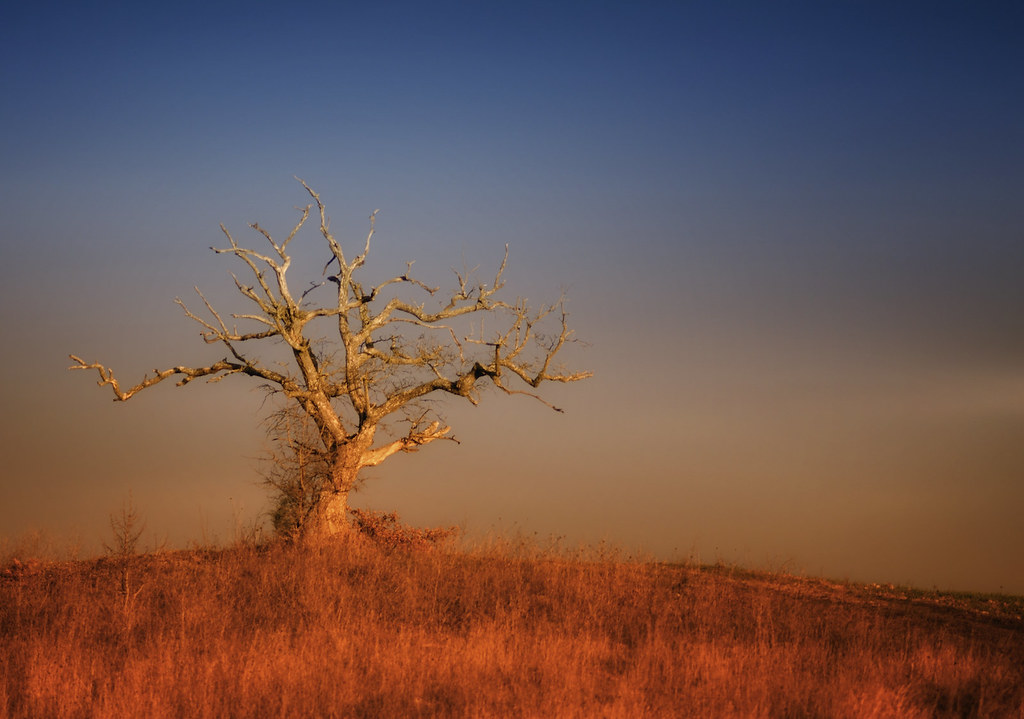"What do we want, a few very smart researchers or a lot of them?"
- Danel Solabarrieta (Ondarroa, 1976) holds a degree in Primary Education and studies in psychodidactics and psychopedagogy. He has been working in Elhuyar for more than ten years and in recent years he has coordinated the STING programme that this foundation has led to different European countries. What do we do in the field of education so that girls take the step of being scientists?

At Elhuyar, your department's goal is to generate interest in science.
Yes, we have several areas for it. In the field of scientific communication, for example, we have several projects for the general public: The Teknopolis program, the radio program Norteko Ferrokarrila, the journal Elhuyar… On the other hand, we have a scientific education department whose objective is to offer young people possibilities of having a real view of science, both in formal and non-formal education. We don't want everyone to be scientists, but we don't want them to reject science. It is said that today’s young people will have jobs that do not yet exist and that will require scientific skills ficas.Por elsewhere, all citizens have a responsibility to make a number of decisions that require scientific competences to be able to take. Where to invest to decide, to make health-related decisions…
But interest isn't enough for someone to decide that they're going to be a scientist. Stereotypes must also be tackled.
Everyone says they care about science, both young people and adults. But the question is how to ask him. If we ask how much time you spend talking about the subject, reading about the subject, seeing exhibitions… the conclusion is different. Young people have a stereotyped view of science. For example, they start computer studies and they take surprises, because they don't know what it is by themselves to study computer science. The closer the world of science is, the less stereotypes they will have about it.
What stereotypes are the most common?
One thing is, it's a very fast people thing. So, even though science is interested, there are people who don't feel able to dedicate themselves to science. This decision is made in adolescence, as in the case of girls, self-esteem is lower, so they are less encouraged to work in mathematics or engineering. They must be informed so that they can make these decisions on the basis of sound data. We have to choose: What do we want, a few very clear researchers, or a lot of everything?
Self-esteem will not be the only factor...
No, there's more. For example, activities performed outside school with the family influence. You don't have to leave it all in the hands of school. Guidance is also important. You have to show them that studying chemistry won't lead you directly to a lab, that learning something doesn't limit you to a specific profession. Studying opens many doors, a degree is not associated with a job. They have to be told that trajectories are more flexible.
The aim of the STING programme has been to reduce the differences between boys and girls in making this decision.
We've worked on the project in eight countries, and we've realized that nowhere is there jewelry, no methodologies, the problem is pretty much the same everywhere. Furthermore, it would not be good to adopt a methodology and impose it. The goal of STING is to provide resources in two blocks. One gender awareness, another classroom practice. In most cases, the complaint of teachers is usually a lack of time, so we wanted to solve it by organizing meetings to address the issue. It is not easy to accept the stereotypes themselves, we have proposed naturalization exercises that serve to emerge these stereotypes. What to do to minimize its impact is then studied. When we talk about a short time, instinctively, stereotypes have more influence; if we take time and reflect, the influence of stereotypes decreases. We give little tricks: in teamwork, who takes the saw? Guys. Who is in charge of documentation, of data collection? Girls. If the teacher has realized this and is presented to the students, they understand it immediately. First you have to be aware, that is to say, put on the purple glasses.
You started in 2015 with STING, you will already have some results.
Yes, we started in 2015 and ended in September of this year. Each institution in each country has adapted the programme in its own way. We have integrated it into our various projects. For example, in Elhuyar Zientzia Azoka. Students work as a team with a researcher and some of the projects are presented in Bilbao… Here we have integrated the STING program. Now, among other things, we count the number of girls who come and we can intervene. We've realized, for example, that the mentor has a lot of influence on being a girl.
Will you follow up the project?
Yes, we want it. When we started, about three years ago, we didn't know how it was going to come out, and now we intend to continue.
Elhuyar also offers other gender-related resources.
Yes, for example, we use a lot of the Ekinean section of Elhuyar magazine: these are interviews with women researchers. What model do we teach girls? Perhaps it is more appropriate, rather than talking about Marie Curie, to show close models, a young man here who is conducting an investigation and who is also going to the beach.
“Ikertzaile asko behar ditugu, beraz, ezin dugu jende bikaina bakarrik hartu zeregin horretarako. Zientzialariaz dagoen irudia da oso azkarra den norbait, lana baino egiten ez duena, gizona, zuria eta klase altukoa. Estereotipo horretatik urruntzen garen heinean, zailagoa da norbaitek zientzialaria izango dela aukeratzea. Ingalaterran egindako ikerketa batean ikusten da hori, Aspires izenekoan: 10 urtetik 14 urtera arteko gaztetxoekin egin dute, eta orain, 14 urtetik 18 urtera artekoekin egiten ari dira. Diru gutxiko neska beltz bati gehiago kostatzen zaio zientzialari izango dela aukeratzea”.
There are many ways to gain power; not all are beautiful. There are those who want to divide the power and the responsibility that it entails with it, who seek authority. Others have a lot of respect for him and the fact that each step is so measured makes them unable to make a... [+]
From the Association of Parents of the Instituto Arratia Small Tram we want to encourage reflection on the use of screens in the learning community.
Lately there is a lot of concern about the impact of screens on children and adolescents. This responsibility extends from... [+]
Azken boladan gero eta gehiago entzuten dugu gazte askok etxebizitza erosteko ahalmenik ez dugula. Batzuetan, badirudi ez dagoela beste gairik; egia da gai serioa dela. Niri neuri ere, 31 gertu izan arren, oraindik pixka bat falta zait neurea izango den etxebizitza lortzeko... [+]
“I will overturn, overturn, overturn, it[...]”
Ezekiel 21:27 – King James Version
“Above all algorithms, below all algorithms”
Xabier Landabidea
I’m uncomfortable, uncomfortable with the almost religious attitude our society has taken towards technology, and... [+]
Zer jakin behar dut? Norekin erlazionatu behar dut? Non bizi behar dut? Ardura horiekin gabiltza gizakiok gure gizarteen baitan bizitza on baten ideia bizitzeko bidean. Ondo erantzuten ez badakigu, bazterretan geratuko garen beldurrez.
Joan den astean, kanpoan geratzearen... [+]









